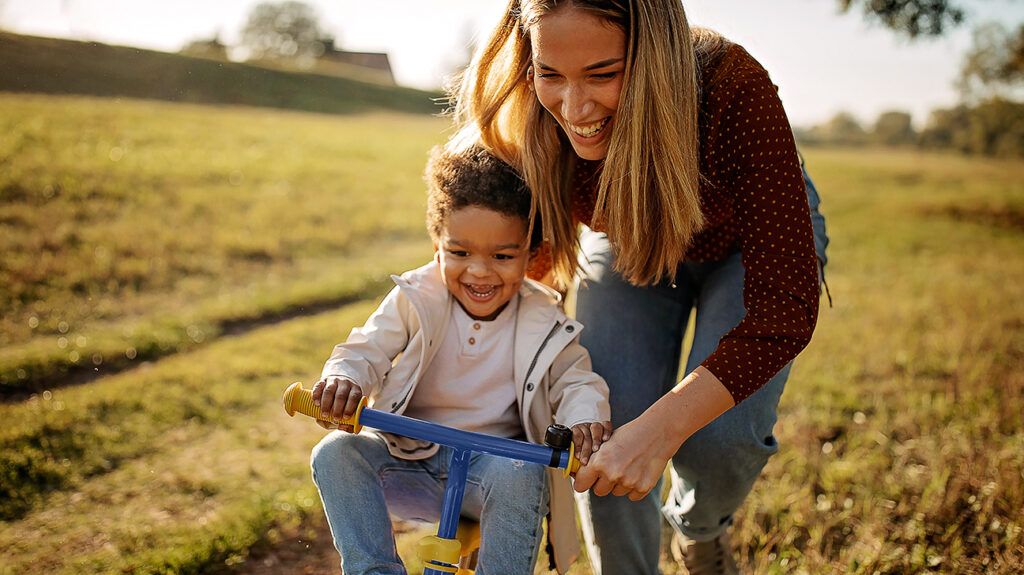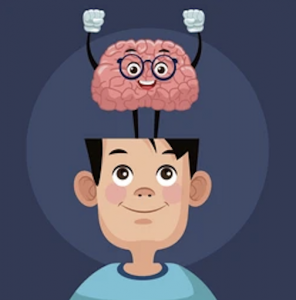
Sandplay Therapy as an Emerging Intervention for Generalized Anxiety Disorder in Children
Sandplay therapy is a nonverbal, multisensory, psychodynamic treatment approach used with both children and adults. It involves sculpting a landscape in a sandbox using miniature figures and symbolic representations to model personal experiences or emotional struggles. Recent psychological research has identified sandplay therapy as a promising intervention for Generalized Anxiety Disorder (GAD).
GAD affects approximately 2–6% of children worldwide. For those living with this condition, daily life is often filled with excessive worry, which can lead to physical symptoms such as headaches, fatigue, and muscle tension, as well as mental symptoms like restlessness, difficulty concentrating, and irritability. For young children still learning to navigate the world, these symptoms can create chronic stress and limit developmental growth.
Psychological research consistently supports the idea that expressing complex emotions through abstract and creative mediums—such as art, play, and writing—can help individuals externalize internal conflicts and access subconscious material. While not as widely known as journaling or traditional art therapy, sandplay therapy has deep historical roots. Originally influenced by Jungian psychology in the 1920s, this method is gaining renewed attention for its potential to induce neurobiological changes.
For example, in a 2020 case study by M. Foo et al., sandplay therapy produced measurable neurological and psychological changes. Following each session, researchers observed increased activity in the thalamus—a brain region linked to emotional regulation—along with a significant reduction in anxiety symptoms. According to the Hamilton Anxiety Rating Scale, the participant’s anxiety levels improved from “extreme” to “normal.”
This raises an important question: To what extent could sandplay therapy transform the lives of children with GAD?
Research by C. Benjamin et al. (2014) suggests that early, successful interventions—particularly Cognitive Behavioral Therapy (CBT)—offer lasting benefits for anxiety. If sandplay therapy produces similar long-term effects, it may present a valuable alternative for children who do not respond well to traditional CBT.
To explore more about this emerging field, click here.
Cooper Armogida
UConn KIDS, Research Assistant














